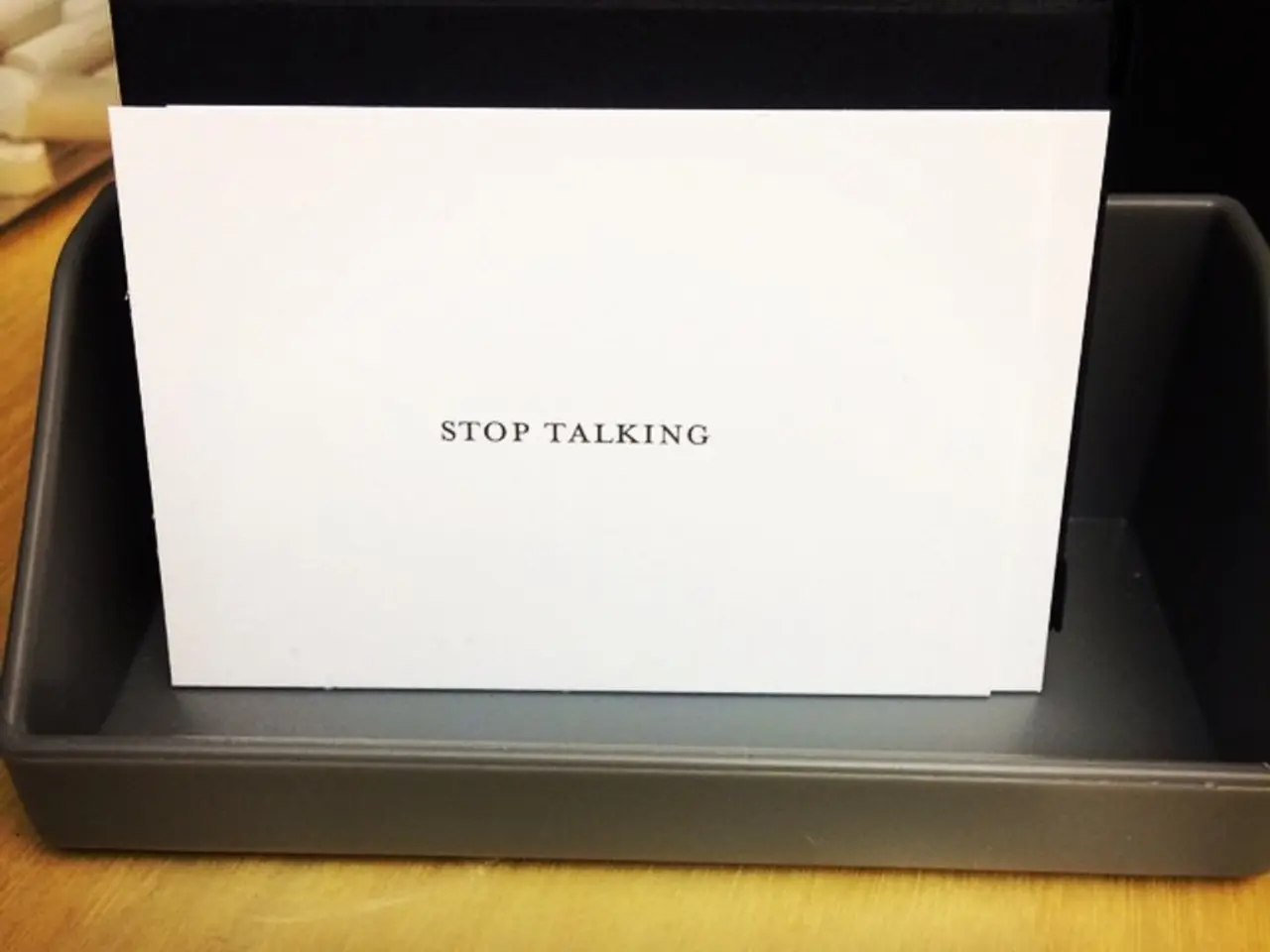Unveiling the Surprise Factors: Managing Romantic Connections in ADHD Situations
Navigating the complexities of relationships, especially when dealing with Attention Deficit Hyperactivity Disorder (ADHD), can be challenging. However, with the right support and strategies, it's possible to overcome toxic relationships and work towards healing.
The Journey to Healing
The journey towards healing begins with self-awareness. Recognizing the toxic patterns in a relationship and understanding how they affect well-being is crucial. This involves identifying the ways in which ADHD traits, such as impulsivity, difficulty in focusing, and emotional intensity, contribute to the dynamics of the relationship.
Seeking Support
Seek support from friends, family, or a therapist for emotional support and guidance. Therapy or counseling can be particularly beneficial when emotional scars from a toxic relationship run deep. Therapy provides a safe space to work through the emotional impact of the toxic relationship and develop healthy coping strategies.
Establishing Boundaries
Establishing clear boundaries, including limiting or cutting off contact with the toxic person, can protect you from further harm. This might mean setting limits on the amount of time spent with the person, or completely ending the relationship if necessary.
Effective Communication
Effective communication is key in any relationship, but it can be especially challenging for individuals with ADHD. Misinterpretations of intentions and feelings can lead to misunderstandings and conflicts. Learning to communicate effectively can help navigate these challenges.
Self-Care
Practice self-care by engaging in activities that bring joy and reduce stress. This could be anything from exercise, reading, or spending time with loved ones. Self-care is essential in maintaining emotional well-being during this challenging time.
Specialized Help
Organizations offering advice and help for people with ADHD in harmful relationships include specialized psychiatric care and support groups for ADHD. These resources provide experience exchange and support. However, specific organizations for freeing oneself from unhealthy relationships may not be explicitly listed in the search results.
Leaving a Toxic Relationship
Leaving a toxic relationship, especially when dealing with ADHD, is a vital step towards healing. It's important to remember that healing and growth remain attainable, even when faced with the challenges of ADHD and toxic relationships.
Tailoring the Approach
Therapy can tailor the approach to address ADHD-related challenges in relationships. This might involve learning strategies to manage symptoms, improve communication skills, and develop healthy coping mechanisms.
In conclusion, navigating toxic relationships with ADHD can be difficult, but with the right support, self-awareness, and strategies, it's possible to heal and grow. Remember, it's okay to ask for help and prioritize your emotional well-being.
Read also:
- Connection Between ADHD and Trauma?
- West Nile Virus detected in Kentucky for the first time; authorities advise locals to adopt safety measures
- Protesting for Mahsa Jina Amini and Women's Rights: Igniting a Humanitarian Era amidst an Era of Prejudice
- Examination of Survey Weighting Methods for Historical Presidential Elections





